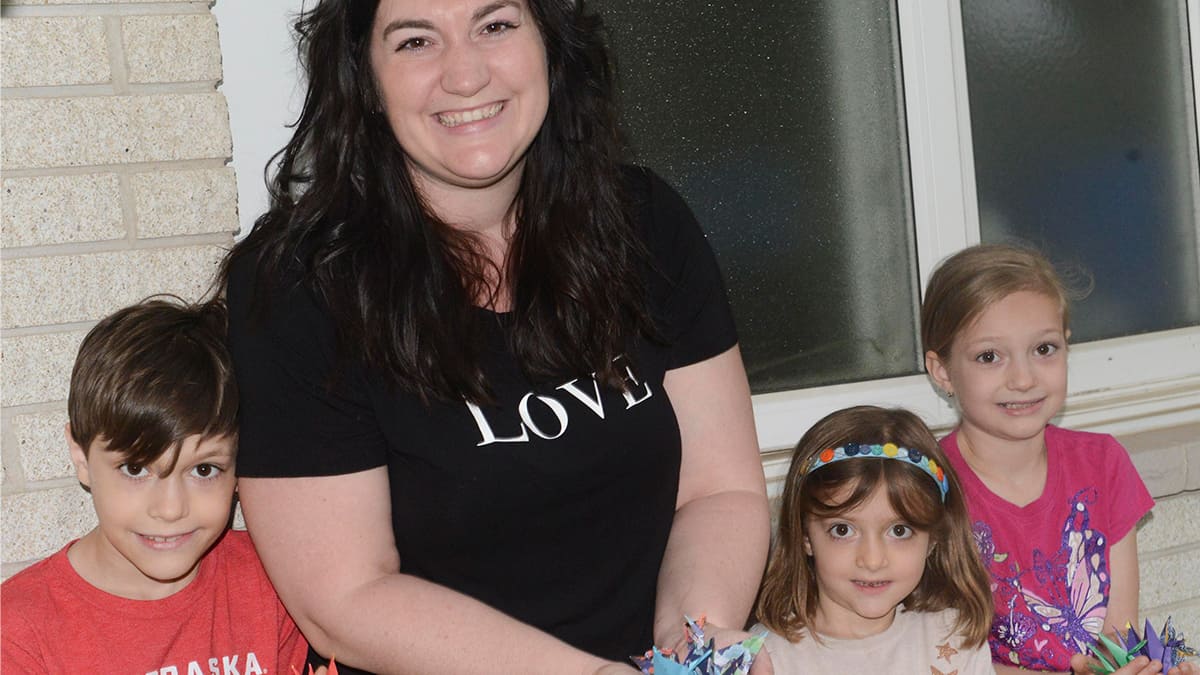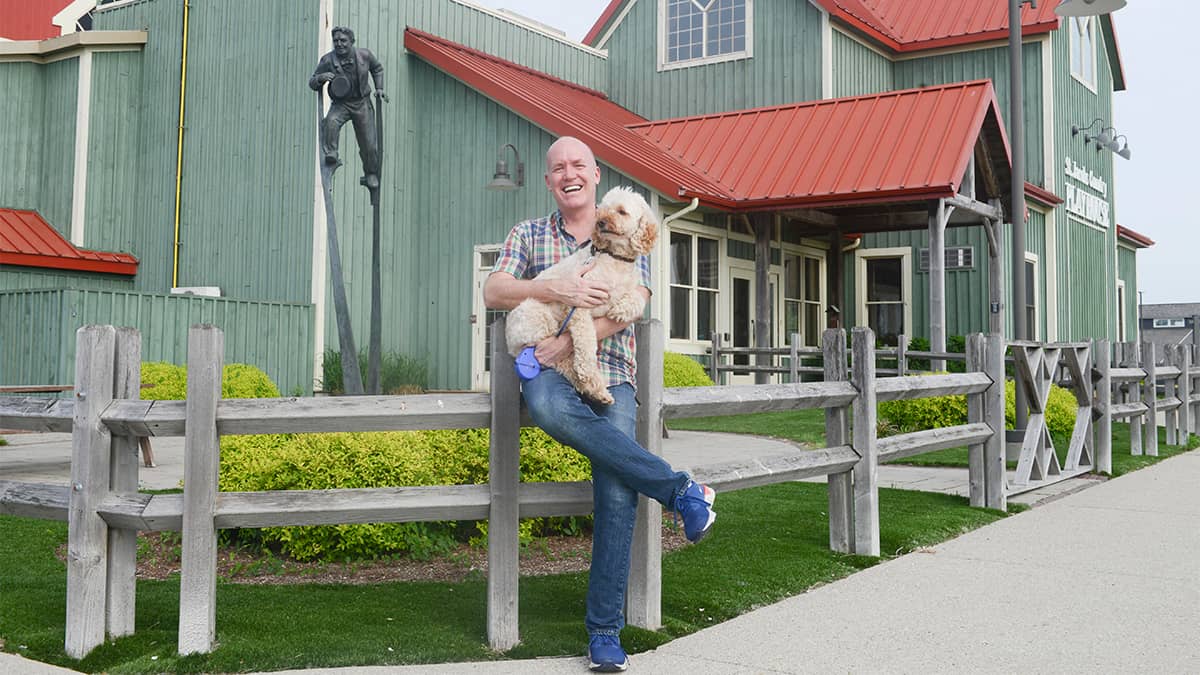Spanish American literature professor at the University of Guelph by day and an author by night, Stephen Henighan worked for nine years on his most recent novel, The World of After. The book centres around life following the collapse of the Berlin Wall, exploring the impacts such barriers have both physically and figuratively on humanity.
The barrier theme continues for Henighan himself as he worked to get the book released during the pandemic.
“It’s a book for the summer holidays,” said Henighan of his latest release, with hopes that the world will allow us to escape for a brief moment during the summer season, adding, “it is intended as a bit of a think piece.”
The World of After is his 18th book, marking a return to straightforward story-writing.
“Instead of doing lots of fancy artistic stuff, and jumping back and forth and so on, I wrote a story that begins at the beginning and goes to the end, and I think carries the reader through it in a way that will satisfy more readers’ expectations. Some of my other books, which were, I hope, somewhat artistic, but probably have less narrative momentum. This one’s got more of a story with a capital ‘S’,” explained Henighan.
The World of After views the 1990s as something of an “in-between time,” as the Cold War ended, when people thought “we can reinvent the world, and yet all the horrible stuff of the new millennium hadn’t started yet.
“The story runs on the idea, this is the kind of time of freedom and reinvention and the protagonist is a Montrealer who kind of, without really intending to, flukes a scholarship to Oxford and ends up in an Oxford University in England in the early ’90s, where his two best friends are the son of a Russian defector who grew up in Toronto, and a British guy from an old British-Jewish communist family. They become friends, and then it becomes a very complicated triangle – eventually, the tensions result in a kind of disastrous miscalculation. And that, in turn, dispatches all three of them into different areas of the 1990s, particularly in Eastern Europe, exploring this world of The World of After the fall of the Berlin Wall in different ways.
The concluding scenes are set in former Yugoslavia – that’s roughly what’s going on.”
An historical piece usually takes a lot of research to formulate proper context, but for Henighan much of the inspiration came from his own personal experience and memories of time spent in Eastern Europe during the very time period he has depicted.
“Although most of the characters I write are fictional, I was in most of these places at the time. So, the characters are there in Oxford, in London in the early ’90s, and then Yugoslavia, Poland, Berlin in the later ’90s, so that didn’t take too much research. It was just stuff that was already there in my memory.
“Funnily enough, what really took research was making sure that everybody communicated in ways that were believable, because communications technology has evolved so much in the last 25-30 years, that I had to be really careful: people weren’t doing things like they do know. And I went back and found out that, say, in 1992, most students didn’t have email; in 1993, a few students had email; by 1994, every student had email. I had to be really careful about that, and also cell phones that they had in the mid-90s, when the first people started using cell phones, at least in England where I was living, they were called portable telephones.”
Beyond being in Europe for the time in question, Henighan shares some traits with the first-person narrator of his new novel, but there are plenty of differences, he points out.
“The first-person narrator is actually somebody whose background is quite different from mine. He has an Irish last name the same way I do, but is somebody whose family has lived in Montreal for six generations, whereas I was actually born in Europe and came here as a young kid. So, my background is a bit different,” he said.
“It’s a book about a generation now getting on, now getting a bit long in the tooth, which was brought up in the Cold War to the reality that the world was divided and there were two worlds, and then how they adjusted or didn’t adjust when the wall came down.”
In writing the novel, Henighan had plenty of material to draw on, with the first draft weighing in at some 850 pages before he began whittling it down to the finished length of about half that count. The book is available for purchase from The Bookshelf in Guelph, online.









